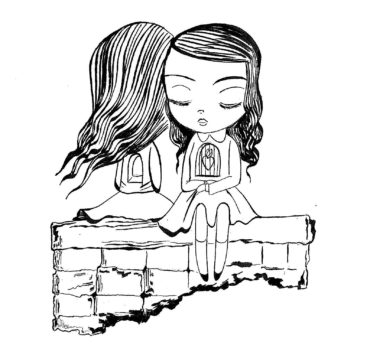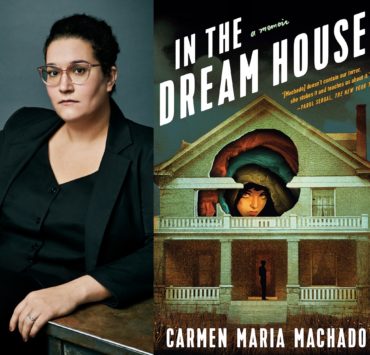
Harriet is cinematic church. This weekend, Black women gathered in a Tampa theater reciting spirituals, sniffling, clapping, and talking back to the big screen at the larger-than-life historical heroine, Harriet Tubman. In the wake of national conversations about the delay of “General Tubman” on the $20 bill and the arrival of the first Africans to the British (American) colonies in 1619, Eve’s Bayou director Kasi Lemmons brings her auteur style to the Virginia-production using dreamscapes, conjure women, and spirit-filled land to flesh the early lives of Black folk freedom-dreaming along the Chesapeake, and Combahee and Delaware rivers. The movie is riveting.
Early talk about Harriet could have tanked it. To date, negative criticism about the live free or die tryin’ OG has been anchored by two claims to authenticity—the authenticity of a British-Nigerian actor, Cynthia Erivo, playing a revered African American, and the authenticity of a life narrative dramatized without the documentary conventions of a typical biopic.
Critics picked. Pulling up old social media posts and pulling out fact-checking sheets critics tried to poke holes in a movie amid the surging fanfare by Black women who take politics and popular culture seriously. Never mind that some critics have found offense at a movie’s narrative truth but remain unmoved by presidential untruths that have had deadly consequences for communities of color. Never mind that some critics could have applauded Erivo and Lemmons on a Hollywood-produced story mining a diasporic past and a Wakanda-like Afrofuture. They did not remark on the overrepresentation of African Americans who stand in for all Black people across space and time. The selective picking is not surprising. In my mind, the criticism about Harriet has less to do with the actor or the narrative. Some critics do not know what to do with our stories. They do not know how to see us when there is no charismatic Black male lead(er), white savior, pinup superhero battle, or Hart-Haddish outlandish comedy. For critics and a country still catching up to the badassness of unbossed blackness, screening an abolitionist-conductor-soldier-suffragist through a Lemmons Black feminist lens is akin to seeing Moses.
I see Harriet. I saw her before Sarah Sunday.
Terminator: Dark Fate opened on the same weekend as Harriet. Two strong women fighting the patriarchal state. Both films show future pasts, visionary women of color, and southern border crossing to remark on the present day. But, this is where the similarities end. Dani, a Latina factory worker and future leader of the Resistance, is seemingly central to the plot and the girl-power trio; however, she is a prop to assign and assert humanness to the main white characters who save the “new Mary” in the film franchise. Dani redeems whiteness, especially when the face of the villainous state is the Black woman detention officer too caught up in bureaucracy to care (no Joker, we noticed) and the updated killing machine is a Latino border patrol officer who chooses to hunt Dani with this identity. Frankly, it was tiring to watch the trio do outdated dude-action after witnessing a strapped Harriet ride out like a bawse on her master’s white horse. Sci-Fi Sarah saving humanity for a second time could not compare to the 19 rescue missions and the real military campaign of Harriet who freed 750 enslaved people along the river. On screen and in life, Harriet’s heroism is unmatched.
I will see her heroism again next Sunday in the Tampa theater. It’ll be church, a big screen soul revival. It will be a movie moment to remember her legacy. Members of the Combahee River Collective channeled her bravery to develop intersectionality, which remains the life-water sustaining Black feminist activism today. And, I am swayed by the water.
I grew up on the Chesapeake Bay hearing grand mothers’ how-I-got-over stories. And, I got faith in them and other freedom-dreaming Black women. Critics and box office sales can tell stories. I know them. I also know—when and where Black women gather, movement happens.

Aisha Durham is a cultural studies scholar. Durham uses auto/ethnography, performance writing, and intersectional approaches honed in Black feminist cultural criticism to analyze representations of Black womanhood in hip hop media. Recent work on Black womanhood is featured in her new book, Home with Hip Hop Feminism: Performances in Communication and Culture. This book extends earlier discussions about hip hop culture, media representations, and the body in her co-edited volumes, Home Girls Make Some!: Hip Hop Feminism Anthology and Globalizing Cultural Studies: Ethnographic Interventions in Theory, Method & Policy. Durham’s cultural criticism has been featured in popular news media and sites, such as The New Yorker, Haaretz, Crunk Feminist Collective, NewBlackMan, and Ms. Magazine.







